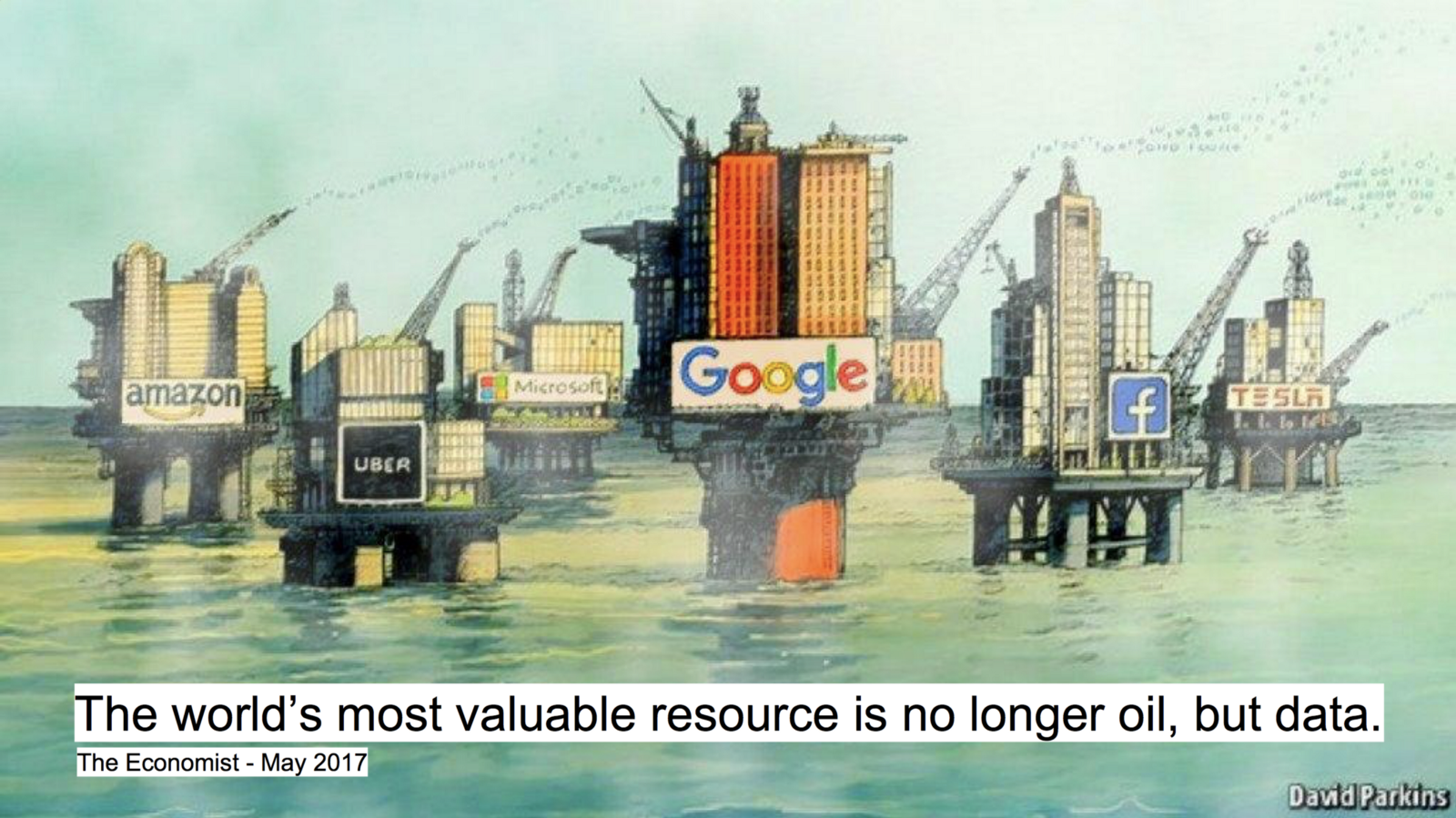Why you should make business analytics a priority
If you’ve been in business for a while, you probably have a wealth of data at your fingertips. Sometimes called the “new oil” of the information age, data has become an extremely useful tool for any forward-looking business. Even small companies can no longer expect to be competitive without collecting and analysing data - if you aren’t doing it, your competitor almost certainly will be.
But using data effectively is about more than just having access to data – it’s how you collect it, process it and use it that really matters. Using data effectively to find solutions for business problems is where business analytics comes in.
So, what’s business analytics anyway?
In a nutshell, business analytics is about leveraging value from data to solve some of your business issues. By providing you with a fact-based analysis of business needs, business analytics can help you to make practical changes in your company.
Through answering specific questions about why things happened, what will happen and what should be done, data can help you to:
detect new opportunities
identify market niches
develop new products and services.
Up until recently, collating data into intuitive, actionable reports was expensive, time consuming and beyond the scope of all but the largest businesses. Now, with improvements in data collection and reporting systems, even small businesses can use data to improve their outcomes, at a much more affordable price point.
However, getting this value can be a challenge for a couple of reasons. Often data is stored in multiple places and in different systems. Getting all this data into a central place can be an issue for many businesses, and effectively processing this large volume of data and turning it into something useful is also important. Using a data extraction tool like SyncHub combined with a powerful business intelligence tool can ensure that the information you need is easily available.
It’s never been easier for businesses to use data to generate financial reports, make sales decisions and optimise their processes in near real time.
Why should I use it?
For a start, you probably have the data. If you’re selling to customers, shipping or moving goods, connecting people, or managing an infrastructure for other businesses, it’s very likely that you’ll have a lot of data. And using that data can give your company a competitive advantage.
In short, data-driven decision making gives you the ability to increase your profits and improve efficiency. It also allows you and your business to plan for the future and make informed business decisions.
For example, you can identify trends in sales, profits and other metrics which can be projected into the future. You can also understand the changes that are likely to occur seasonally or annually and prepare by doing things like decreasing spending to provide a buffer for a slow season or investing in new marketing campaigns to compensate. Large suppliers can use data to predict order volume and minimize waste in their warehouses. You will also be able to present meaningful, clear data to support decision making and help stakeholders to understand your strategies.
Business analytics can also give you insights into customer behaviour, helping you to understand the effectiveness of advertising campaigns with different audiences. This information can be invaluable to designing marketing plans, allowing you to target the people who are most likely to respond to specific campaigns or products.
In addition, understanding consumer habits can help businesses improve customer retention. By identifying customers who are less likely to return, businesses can offer targeted promotions to those people, creating a cost-effective way to gain customer loyalty.
Other examples of how data can help your business include:
identifying and rewarding your most effective team members by cross referencing staff costs with their sales performance
effectively managing stock through understanding which products aren’t performing but are taking up valuable space
improving your customers’ experience through tracking the post-sales process - how long did it take them to receive their product, were there any hiccoughs and what caused them?
enabling more efficient staffing by understanding your peak times and sites and rostering accordingly.
What comes next?
That’s really up to you. Each industry will have different ways to use business analytics and research shows that data-driven businesses have a competitive edge in almost every industry.
This could be making fact-based decisions based on your unique data insights or improving your internal and customer processes. It could be using the information you have to adjust for seasonal or annual fluctuations, improve your customer experience or run new, innovative marketing campaigns. Effective data usage may even help you detect future threats in time to prepare for or mitigate them.
At its heart, business analytics gives you the ability to measure what matters most to you and your business.



